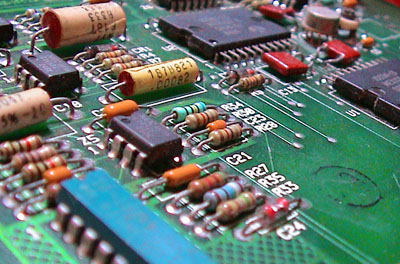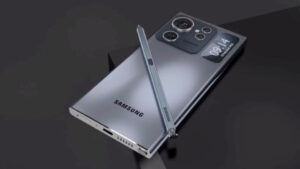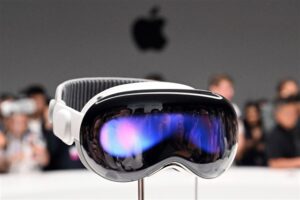
Electronics is a branch of science and engineering that deals with the study, design, and application of devices and circuits that manipulate and control the flow of electrons to perform various functions. These electronic devices have revolutionized the way we live, work, and communicate, permeating nearly every aspect of modern life. In this description, we will delve into the fascinating world of electronics and explore the wonders of electronic devices.
- Transistors and Integrated Circuits:
At the heart of electronics lies the transistor, a tiny semiconductor device that serves as the fundamental building block of electronic circuits. Transistors act as amplifiers, switches, and signal regulators, enabling the manipulation of electrical signals with precision. Multiple transistors and other components are combined on a single silicon wafer to create integrated circuits (ICs), also known as microchips or chips. ICs are the backbone of modern electronics, powering computers, smartphones, and a vast array of other devices.
- Digital and Analog Electronics:
Electronics can be broadly categorized into digital and analog domains. Digital electronics processes information using discrete signals, represented by binary digits (0s and 1s). This forms the basis for modern computing and data processing. On the other hand, analog electronics deals with continuous signals and is used in applications such as audio amplifiers and radio communications.
- Electronic Components:
Various electronic components play crucial roles in electronic circuits. Resistors control the flow of current, capacitors store and release electrical energy, and inductors generate magnetic fields. Diodes allow current to flow in one direction, while transistors enable signal amplification and switching. These components work together to perform specific functions in electronic devices.
- Semiconductors and Silicon Technology:
Semiconductors are materials with electrical conductivity between that of conductors and insulators. Silicon is the most widely used semiconductor material in electronics due to its abundance and favorable electrical properties. Silicon technology has driven the rapid advancement of integrated circuits and microelectronics, enabling the creation of smaller, faster, and more powerful devices.
- Electronic Devices:
Electronics has given rise to a vast array of electronic devices that have become indispensable in our daily lives. From smartphones and laptops to televisions and home appliances, electronic devices surround us, making our lives more convenient and efficient.
- Communication and Networking:
Electronics has revolutionized communication and networking. Devices like smartphones, routers, and satellite receivers facilitate seamless global connectivity, enabling real-time communication and data exchange across the world.
- Renewable Energy:
Electronics plays a vital role in renewable energy technologies such as solar panels and wind turbines. Electronic control systems optimize energy conversion and storage, contributing to sustainable energy solutions.
Electronics has transformed the world in unimaginable ways, empowering us with advanced technology and devices that have become an integral part of our daily routines. From the humble transistor to the intricate microchips and complex electronic devices, the wonders of electronics continue to shape our lives and drive innovation across various industries. As electronics continues to evolve, it holds the promise of even more extraordinary advancements, making our future even more connected, efficient, and sustainable.







